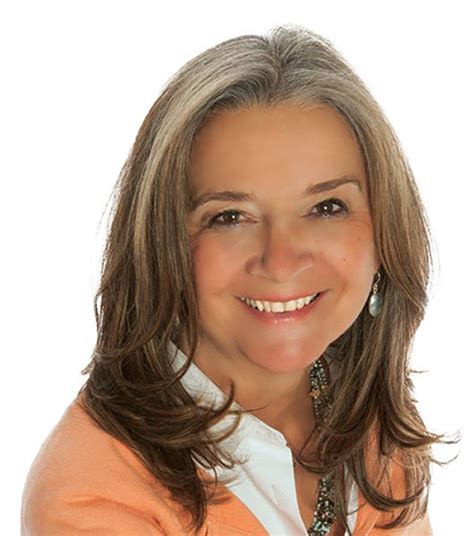A Quote by Heidi Hayes Jacobs
In America, we have 19th century school conditions and a curriculum that prepares our kids for the 1990s.
Quote Topics
Related Quotes
I was really interested in 20th century communalism and alternative communities, the boom of communes in the 60s and 70s. That led me back to the 19th century. I was shocked to find what I would describe as far more utopian ideas in the 19th century than in the 20th century. Not only were the ideas so extreme, but surprising people were adopting them.
I really am at a place where I think we need to feed every child at school for free and feed them a real school lunch that's sustainable and nutritious and delicious. It needs to be part of the curriculum of the school in the same way that physical education was part of the curriculum, and all children participated.



































